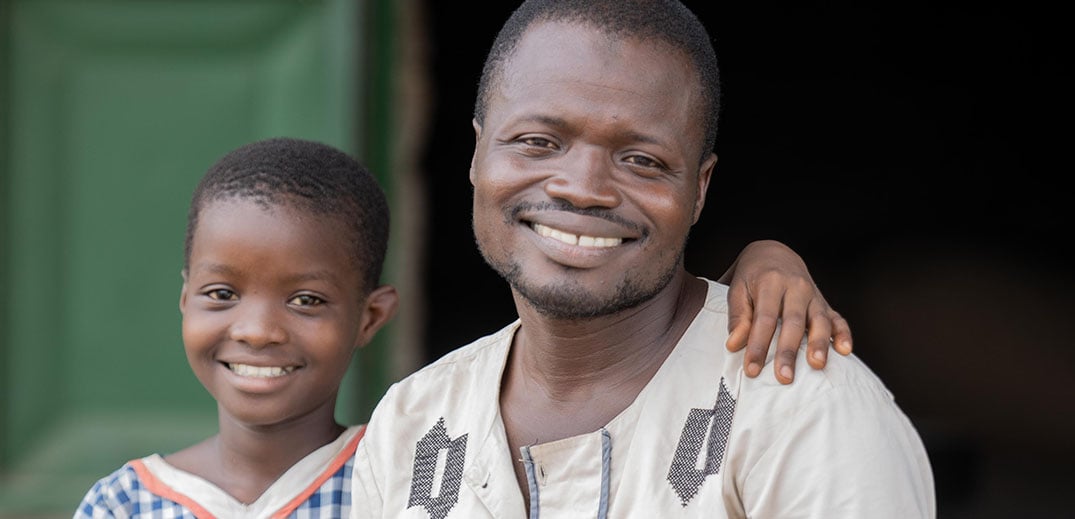Tokyo (SCCIJ) – Nestlé, the world’s largest food maker from Switzerland, is tripling its cocoa sustainability funding to CHF 1.3 billion until 2030. As the first multinational company, Nestlé, the maker of KitKat, uses direct payouts to African cocoa farmers to remove child labor from its supply chain, starting with farmers in the Ivory Coast and Ghana, the two largest producers of the key ingredient for chocolate.

Nestlé is the first multinational food company to pay farmers directly (© Nestlé).
Consumer support
At the center of this program is an innovative income accelerator program, which aims to improve the livelihoods of cocoa-farming families, while also advancing regenerative agriculture practices and gender equality. A cash incentive will be paid directly to cocoa-farming households for certain activities such as enrollment of children in school between 6 and 16 years and pruning among several others.
Nestlé will introduce a range of products with cocoa sourced from this innovative program, offering consumers the opportunity to support the improvement of families’ livelihoods and the protection of children. This project will start with a selection of KitKat products in 2023. Nestlé has pledged to source all of its cocoa through its direct supply chain by 2025, up from the current 51 percent.
Cash incentives
The program rewards practices that increase crop productivity and help secure additional sources of income, which aim to close the gap in living income and help protect children. By engaging in these practices, families can additionally earn up to CHF 500 annually for the first two years of the program.
The higher incentive at the start will help accelerate the implementation of good agricultural practices to build future impact. This incentive will then be leveled at CHF 250 thereafter as the program starts delivering tangible results. It is not paid based on the volume of cocoa sold and is inclusive to provide smaller farmers meaningful support, leaving no one behind.
In a departure from usual practice, the program also offers financial incentives for the farmer’s spouse, who is typically responsible for household expenses and childcare. By dividing the payments between the farmer and the spouse, the program helps empower women and improve gender equality.
Nationwide expansion
These incentives are on top of the premium introduced by the governments of Côte d’Ivoire and Ghana that Nestlé pays and the bonuses Nestlé offers for certified cocoa. “Our goal is to have an additional tangible, positive impact on a growing number of cocoa-farming families, especially in areas where poverty is widespread and resources are scarce, and to help close the living income gap they face over time,” said Mark Schneider, Nestlé CEO.
Building on the positive results of an initial pilot in 2020 with 1,000 farmers in Côte d’Ivoire, Nestlé is expanding the program to include 10,000 families in the country, before extending it to Ghana in 2024. It will then assess the test phase and adapt the program, before moving to reach all cocoa-farming families in its global cocoa supply chain by 2030.
Text: Nestlé (editing by SCCIJ)





























